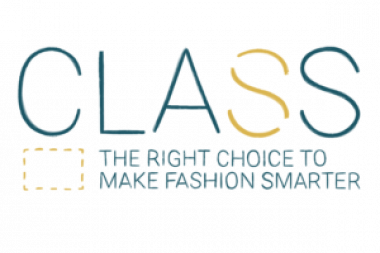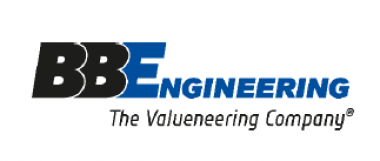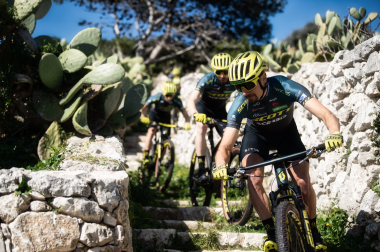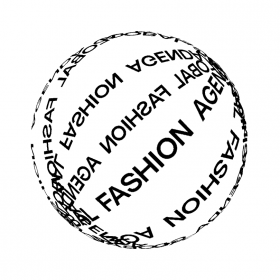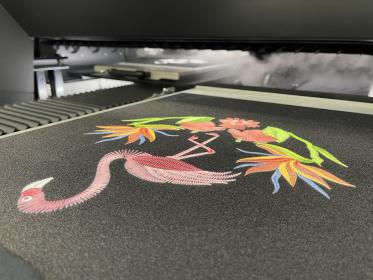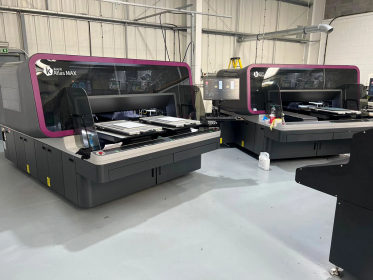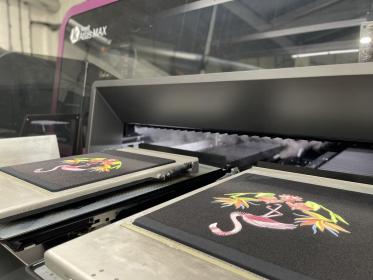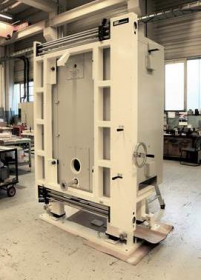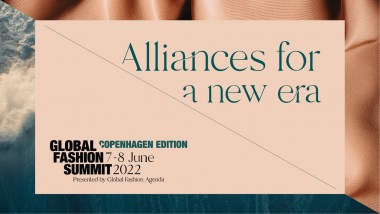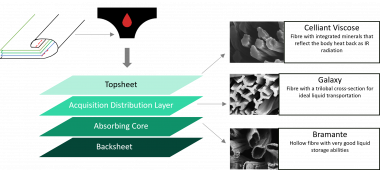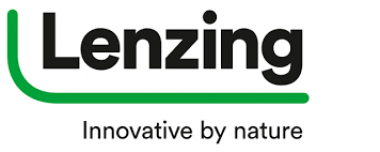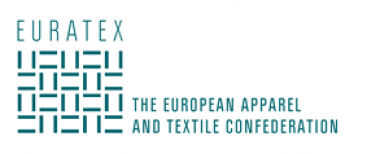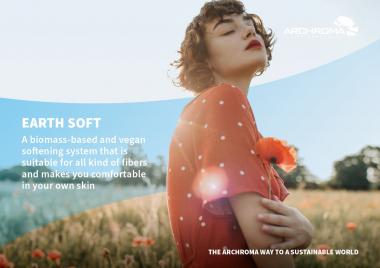Carbios & Indorama Ventures: Manufacturing plant for fully bio-recycled PET
- The plan for the reference plant is to be operational in 2025 in France (Longlaville) with a processing capacity of 50.000 tons of PET waste per year and creating 150 direct and indirect new jobs.
- Indorama Ventures, the world’s largest producer of recycled PET for beverage bottles, plans to co-invest in this project3 and will consider expanding Carbios’ unique biological recycling process at other PET sites4 for future developments.
- This strategic project is strongly supported by the French Government and the Grand-Est Region, with significant non-dilutive financing.
Carbios (Euronext Growth Paris: ALCRB), a pioneer in the development of enzymatic solutions dedicated to the end-of-life of plastic and textile polymers and Indorama Ventures (Bloomberg ticker: IVL.TB), one of the world-leading PET manufacturer, jointly announced a collaboration to build a manufacturing plant operating Carbios’ PET bio-recycling technology at Indorama Ventures’ PET production site in France (Longlaville, Meurthe-et-Moselle).
After having successfully started-up its demonstration plant in Clermont-Ferrand, Carbios is moving one step further towards the industrialization and commercialization by partnering with Indorama Ventures. The goal is to build and operate in France the world’s first industrial-scale enzymatic PET bio-recycling plant, with a processing capacity estimated at ca. 50.000 tons of post-consumer PET waste per year, equivalent to 2 billion PET bottles or 2.5 billion PET trays.
The capital investment required for the project is expected to be around €150 million for Carbios core technology, including in particular an additional purification step, which has been integrated into the process. In addition, an estimated €50 million investment will be allocated for the infrastructure preparation of the site. The project is expected to create approximatively 150 direct and indirect full-time jobs. In the coming months, Carbios expects to finalize a strong non-dilutive financial support from French Government and from the Grand-Est Region5, based on the offer received last week by Carbios, from the Minister of Industry, Agnès Pannier-Runacher and the President of Grand-Est Region, Jean Rottner.
This financial support will be conditional on the notification to the European Commission and on contractualization by French authorities. Carbios announced in its half-year results on the 30th September 2021 a cash position of €112 million. Since then, Carbios has also secured a €30 million loan from EIB.
Carbios
















